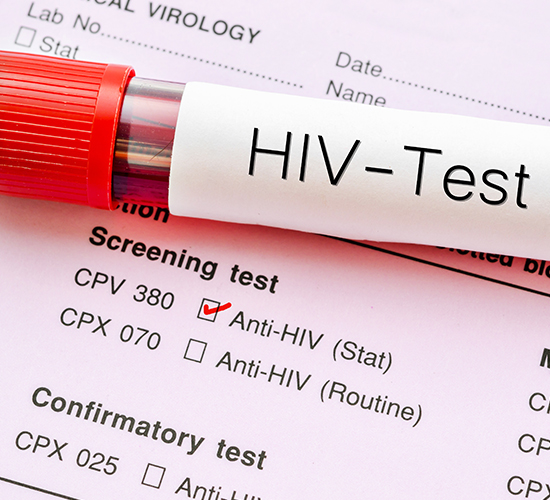What You Can Do After An HIV Diagnosis

Being diagnosed with HIV doesn’t mean it’s the end of the road. While it is perfectly normal to get overwhelmed thinking about what others’ would perceive about you or how the diagnosis would affect your life, it is important to remember, beyond everything else that with proper medication, one can lead a normal and healthy life.
Here are some important things that one should adhere to after being diagnosed with HIV.
1. Commit Yourself To Proper Medical Care[1]
It is essential to seek an antiretroviral treatment (ART) from a HIV specialist soon after diagnosis. Following up with appointments is pivotal, as the doctor would want to run a blood test after regular intervals to check the viral load.
Taking HIV medicine as prescribed by the doctor will help keep viral load very low. It can further make viral load so low that the virus won’t show up in the test (called as an undetectable viral load). If the viral load is undetectable, there’s no risk of transmission to others.
However, if a person does not seek timely treatment or adhere to the medicines, HIV will attack the body’s immune system, eventually leading to Acquired Immunodeficiency Syndrome (AIDS), which can prove fatal. Though a cure for HIV does not exist till date, taking proper medicines as prescribed by the doctor can help an HIV-infected individual to lead a normal and long life.
2. Lead A Healthy Lifestyle
HIV is known to create a low-level inflammation in the body, which could age the body well before time. Exercising regularly and consuming a well-balanced diet that is devoid of excess salt, sugar, alcohol and fat is a great way to ward off possible effects of the virus on the body. Avoid smoking and recreational drugs. If the patient needs help quitting smoking, talking to a healthcare provider or joining a cessation program can be beneficial.
3. Manage Stress[2]
Stress can take a toll on the patient’s health, weakening the immune system, making it difficult to fight the infection. Stress can further trigger depression, which can result in lack of motivation. In such circumstances, one may not adhere to the medication and lead to aggravation of the condition. So the patient must make sure to keep stress at bay.
Meditation, getting enough sleep, joining a support group, seeking counselling or talking to loved ones can be beneficial, if life seems difficult. Taking charge of one’s emotions can go a long way toward living a fulfilling life.
4. Take Measures
After being diagnosed with HIV, the patient can talk to a doctor about what measures need to be taken so as to not pass the virus to one’s partner (or baby if one wishes to become pregnant or while breastfeeding). Antiretroviral medicines are effective in minimizing the risk of transmission.
Move Ahead With Life
Being HIV positive does not mean that life has come to a halt. Coming to terms with reality could be challenging but not impossible. One must take time and remember that many people are living fulfilling lives with HIV.
It is also important to understand that HIV, unlike some 20 years back is a manageable chronic disease today, provided the affected person takes the prescribed medicines daily. Also, patients can take charge of their health by learning and gaining more information about the disease and self-care.
References:
- www.hiv.va.gov/patient/diagnosis/nextsteps-single-page.asp
- www.ncbi.nlm.nih.gov/pmc/articles-PMC3728698/